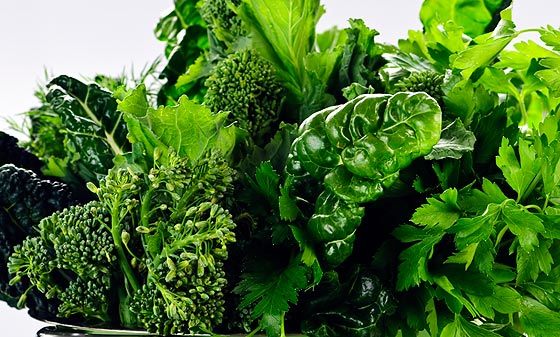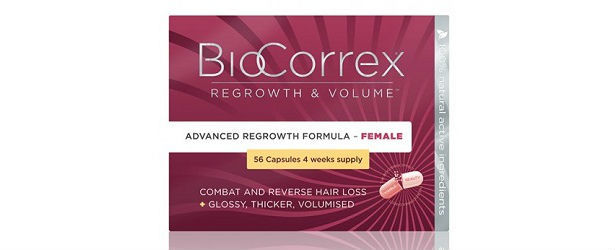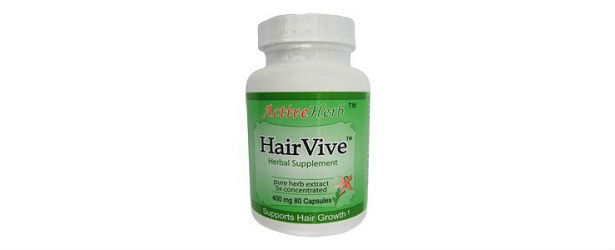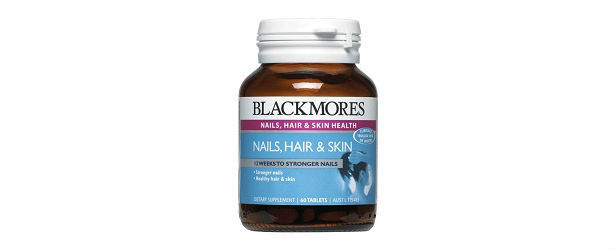
What You Need To Know About Folic Acid And Hair
Folic acid, which is also referred to as folate, is a product of a B vitamin. Because it plays a vital role in the development of the fetus, it’s considered an important aspect of female nutrition. It’s specifically recommended to help prevent spinal and neurological problems during the development of fetuses. However, another less widely known benefit of folic acid is in its ability to foster an increased growth rate for hair. As with any supplements, it’s recommended that you consult a physician prior to taking any.
Function
 Folic acid, which is a synthetic version of folate, works on your tissues and cells, affecting your skin, hair, nails and internal organs. According to research, it fosters growth, thereby preventing birth defects such as anencephaly and spinal bifida. Because folic acid works with vitamins C and B-12 to break down into proteins, it’s also useful in preventing anemia. The production of red blood cells along with DNA is made possible with folate. These qualities have resulted in folic acid being a method of alleviating problems regarding menstrual issues and leg ulcers.
Folic acid, which is a synthetic version of folate, works on your tissues and cells, affecting your skin, hair, nails and internal organs. According to research, it fosters growth, thereby preventing birth defects such as anencephaly and spinal bifida. Because folic acid works with vitamins C and B-12 to break down into proteins, it’s also useful in preventing anemia. The production of red blood cells along with DNA is made possible with folate. These qualities have resulted in folic acid being a method of alleviating problems regarding menstrual issues and leg ulcers.
Folic Acid and Hair
When your diet includes a sufficient amount of folic acid, it helps your hair grow faster. This is because, as studies indicate, folic acid can be used to treat alopecia, hair loss, in a Charolais calf. The case study cited a three week old male calf suffering from chronic hair loss, which was similarly compared to the symptoms experienced by a man with a deficiency in folic acid. The calf’s hair was growing in brown patches and had a crusty texture. Therapy consisting of folic acid supplements was given to the calf in a daily dose of 1 mg/kg/day. Within a fortnight, a gradual lessening of patchy crusty hair is observed. After two months, a substantial amount of natural, soft and consistently grown hair was observed.
Folic Acid Deficiency
The development of a folic acid deficiency occurs when you are not including enough food items that contain folic acid in your regular diet. It can also occur if you suffer from medical conditions such as chronic diarrhea or malabsorption, which inhibits your system from absorbing the necessary nutrients in your food.
 The appearance of grey hair, mouth ulcers, peptic ulcers, a swollen tongue and poor growth are some of the symptoms experienced as a result of insufficient folic acid. Furthermore, studies indicate that it can lead to certain types of anemia.
The appearance of grey hair, mouth ulcers, peptic ulcers, a swollen tongue and poor growth are some of the symptoms experienced as a result of insufficient folic acid. Furthermore, studies indicate that it can lead to certain types of anemia.
Sources
There are a variety of foods that contain folic acid, which you can eat to make sure you are getting enough of it without depending on supplements. Citrus fruits and juices, dried beans and dark leafy vegetables are good sources of folic acid.
Other food that have had folic acid added to them include pastas, rice, cereals, breads, flours and other grains. If none of these appeal to you or are available to you, you may consult a physician about taking supplements in order to meet the dietary requirements to prevent a folic acid deficiency.
TOP 5
HAIR GROWTHTreatments |
|||||
| HairNu | Aviva Advanced Hair Nutrition | Har Vokse Hair Growth | J.F. Lazartigue | Simply Supplements | |
|---|---|---|---|---|---|
| 1 | 2 | 3 | 4 | 5 | |
| Price (1 bottle)
Price (6 bottles) Best Value |
$49.95 $139.70 |
$39.95 $119.89 |
$24.00 $134.00 |
$41.00 $221.40 |
$54.56 $294.62 |
| Overall Rating | 99.60% | 88.20% | 80.90% | 77.80% | 69.10% |
| Performance* |





|





|





|





|





|
| Speed of Results* | Extremely Fast | Good | Average | Average | Slow |
| Quality of Ingredients | Premium | Good | Good | Average | Average |
| Customer Satisfaction Evaluation | 99.00% | 86% | 80% | 75% | 66% |
| Safety Evaluation | Safe for Use | Safe for Use | Safe for Use | Safe for Use | Safe for Use |
| Customer Service Rating |





|





|





|





|





|
| Reorder Rate | Highest | Good | Good | Average | Average |
| Return Policy | Risk Free | Risk Free | Unopened Only | Unopened Only | Risk Free |
| Success Rate | 99% | 85.20% | 78% | 74% | 67% |

 Subscribe Now
Subscribe Now











